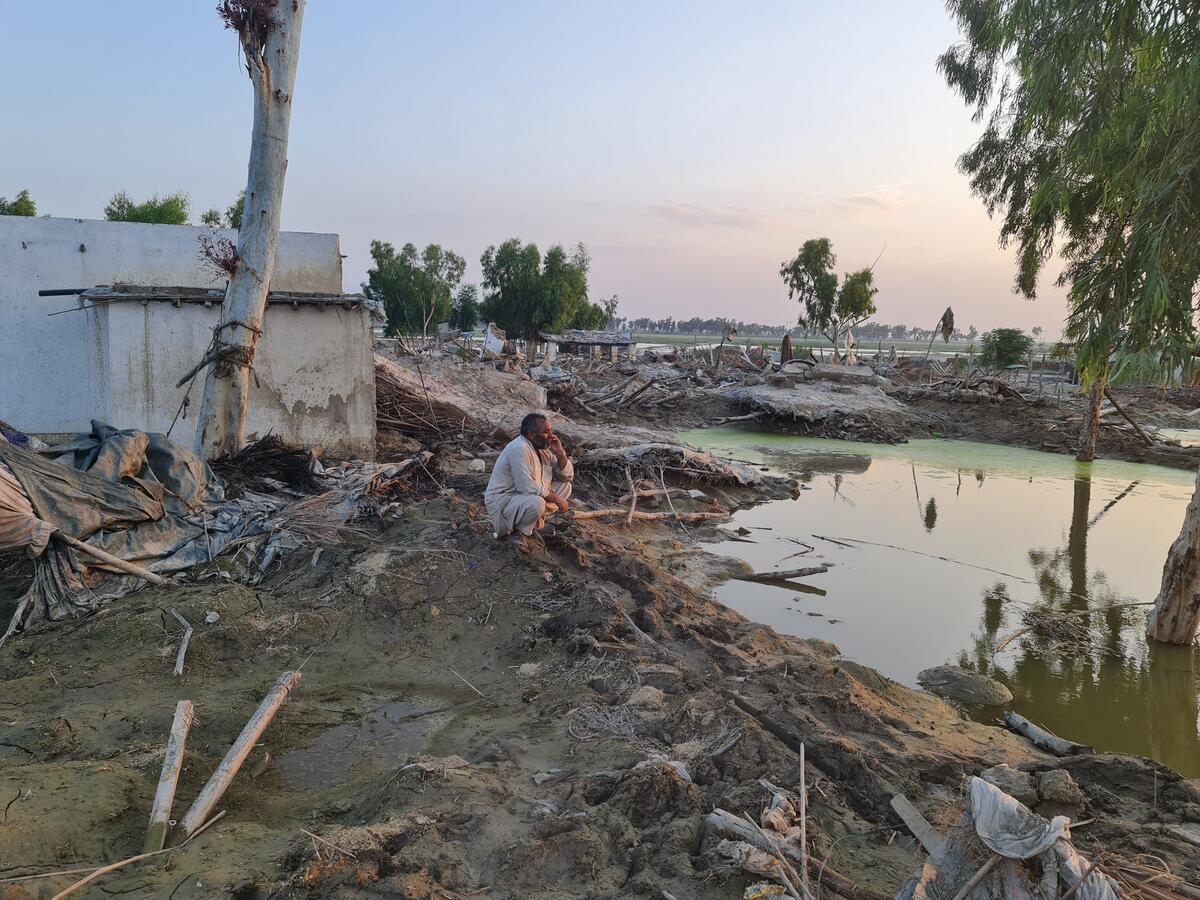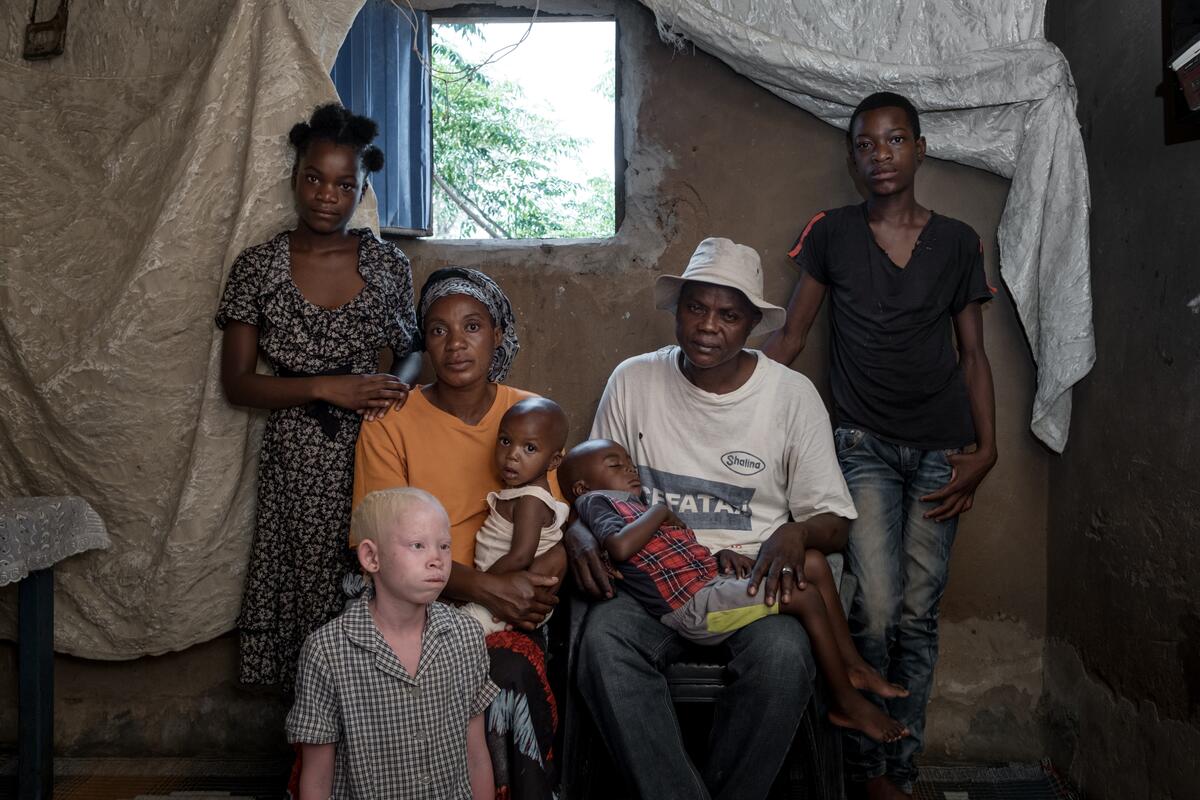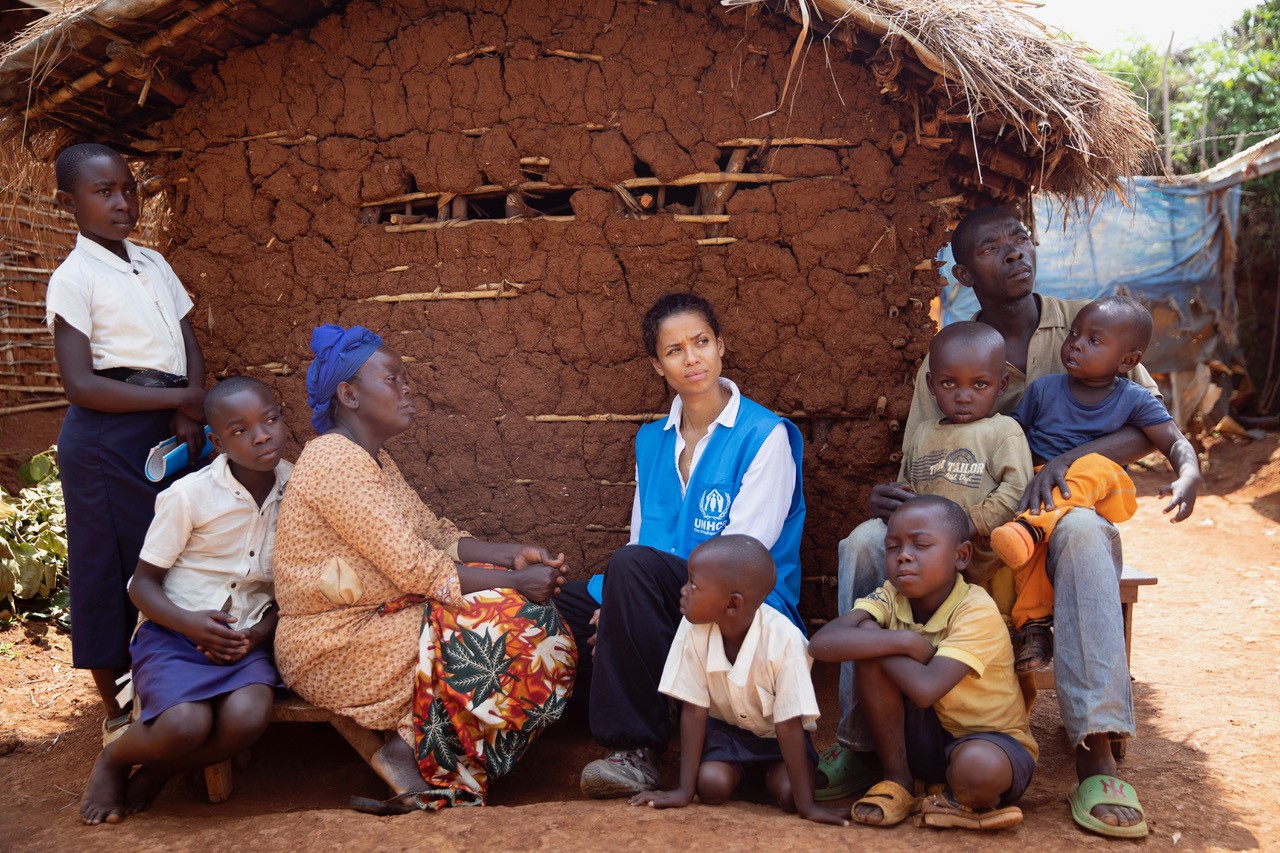UNHCR warns that aid response for families fleeing Mosul critically underfunded
UNHCR warns that aid response for families fleeing Mosul critically underfunded

UNHCR, the UN Refugee Agency, urgently needs US$ 126 million to meet critical needs of vulnerable children, women and men displaced from, and returning to, Mosul, until the end of the year.
A shortage of funds threatens to undermine our humanitarian response at this critical time. Heavy fighting is continuing, and UNHCR is expecting more large movements of people from the west of the city where the fighting is currently concentrated.
Iraqi authorities say that more than three quarters of a million Iraqis have been forced to flee Mosul since military operations started in October.
The vast majority of the internally displaced are families with children and babies – groups that are especially vulnerable and would be most affected by aid shortages should international support wither.
Nearly half of the urgently requested funds – US$ 60 million - is required to assist more than 100,000 newly displaced Iraqi families with emergency shelter in the camps, legal assistance to replace lost and missing documents, child protection, prevention of sexual and gender based violence, as well as to provide them with blankets, mattresses and other core relief items. UNHCR has so far established 12 camps in support of the overall efforts by the Iraqi authorities to provide shelter to currently 316,000 internally displaced Iraqis in relative proximity to Mosul.
A further US$ 24 million is needed to assist and support Iraqi families returning to their homes. It is estimated that 125,000 internally displaced people have returned to their homes, many in east Mosul and on the outskirts of the city. Most of the returnees are living in damaged buildings and need shelter assistance as well as cash support. In areas of return, UNHCR and partners will provide material assistance, including emergency shelter and sealing-off kits to help returnees living in unfinished buildings, as well as essential protection services, including psycho-social support, replacement of missing and lost documents and protection monitoring.
Lastly, US$ 42 million is required for on time procurement of shelter and aid materials for next winter. To cope with eventual drops in temperatures, UNHCR plans to assist 135,000 displaced and returnee families with a range of core winter items including blankets, fuel, jerry cans and heating stoves. This includes the provision of one-time cash assistance of US$ 150 per family to 100,000 IDP and returnee families to help them buy fuel to get through the winter.
Since 2014, Iraq has suffered massive internal displacement. It is estimated that up to three million Iraqis are still internally displaced and another quarter of a million live as refugees in the neighbouring countries.
Overall UNHCR protection and assistance programmes in Iraq amount to 578 million in 2017. These are currently 21 per cent funded which is a cause for concern halfway through the year.
To make a donation: donate.unhcr.org/int-en/mosul
For more information on this topic, please contact:
- In Geneva, Andrej Mahecic, [email protected], +41 79 642 97 09
- In Baghdad, Andy Needham [email protected] +964 780 920 7282
- In Baghdad, Saif al-Tatooz [email protected] +964 780 195 8468
- In Erbil, Amira Abd El-Khalek [email protected] +964 772 616 3729
- In Duhok, Rasheed Rasheed [email protected] +964 750 713 0014








